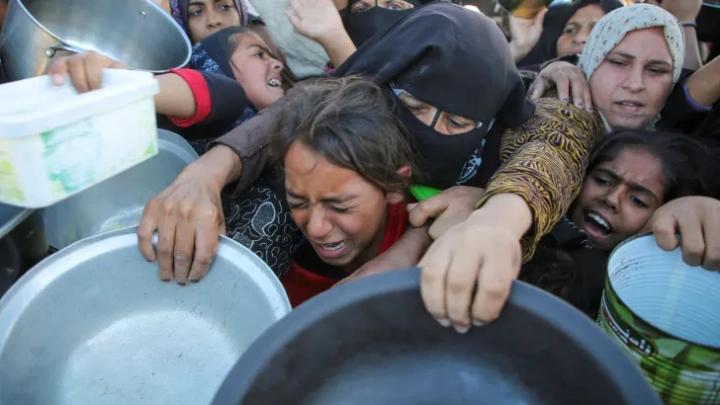The United States has vetoed a United Nations Security Council (UNSC) resolution calling for an “immediate, unconditional and permanent” ceasefire in Gaza – the fourth time the Biden administration has blocked a ceasefire resolution since last October.
The remaining UNSC’s 14 members voted in favour of the latest resolution to end the war that has killed more than 44,000 Palestinians and turned Gaza into a wasteland.
Only four of the 14 resolutions, which have been proposed over the nearly 14 months of Israel’s war on Gaza, have passed.
How does UNSC voting work?
- The UNSC is made up of 15 members, of which five are permanent.
- The five permanent members, known as P5 – China, France, Russia, the United Kingdom and the United States – have veto power.
- This means any of the P5 members can block a draft resolution, even if backed by others.
- Nine out of the 15 members need to vote in favour of a resolution for it to pass, provided none of the P5 use veto power.
- Ten other members are non-permanent ones elected for two-year terms by the UN General Assembly. Since the war has spanned over 13 months, from October 2023 to November 2024, here’s how the non-permanent members have changed:
- October to December 2023: Gabon, Ghana, Mozambique, United Arab Emirates, Japan, Albania, Brazil, Ecuador, Malta, Switzerland.
- January 2024 to present day: Algeria, Sierra Leone, Mozambique, South Korea, Japan, Slovenia, Guyana, Ecuador, Malta, Switzerland.




